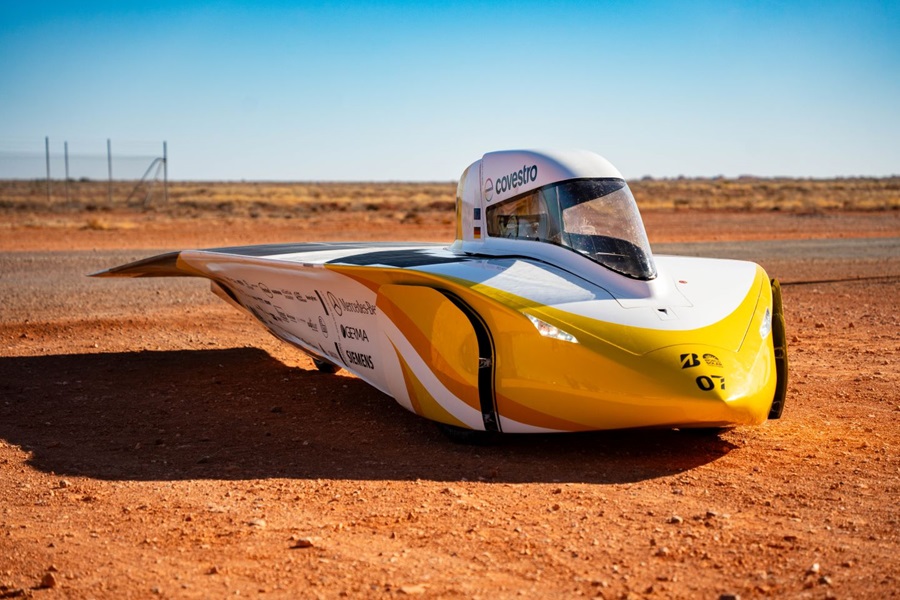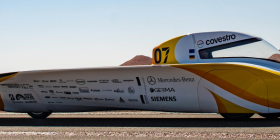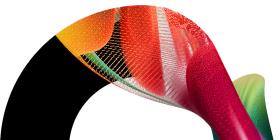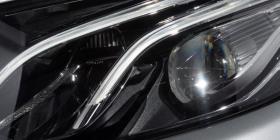
Driving Tomorrow: Makrolon® RE Meets Solar Racing
Team Sonnenwagen, a student initiative competing in the prestigious World Solar Challenge across Australia, aimed to create a high-performance solar racing car while demonstrating sustainability in mobility. Our joint task was to support their vision with materials that could withstand the extreme race conditions while advancing sustainability goals. We wanted to prove our Makrolon® RE series, part of the CQ (Circular Intelligence) portfolio, could deliver the specialized properties required while adding environmental benefits.

The team required materials with specialized properties such as thermal conductivity for LED components; impact resistance and UV stability for optical parts – all in extreme temperatures. Traditional solutions met performance needs but the team wanted to pioneer more sustainable alternatives. Could renewable-attributed polycarbonates, which incorporate renewable raw materials via the mass balance approach, deliver these specialized properties without compromise? This would demonstrate that circular economy plastics such as Makrolon® RE can be implemented without sacrificing performance.
The Sonnenwagen project demonstrates our CQ portfolio vision – adding sustainability while preserving performance. These materials deliver the enhanced performance engineers trust with environmental benefits, advancing our circular economy goals without performance compromise.
We provided two key grades from our Makrolon® RE renewable-attributed polycarbonate portfolio as drop-in solutions that maintained specialized properties while adding sustainability: Makrolon® TC629 RE for LED heat sinks delivered thermal conductivity while enabling complex geometries impossible with metal. Makrolon® ET3113 RE provided impact resistance and optical clarity for headlamps under extreme conditions. Both are ISCC PLUS certified plastics attributed with renewable feedstock, reducing carbon footprints while preserving performance.

An interview with Leonie Brandt, Team Manager Sonnenwagen
Q: What convinced you to use renewable-attributed materials?
Q: How did these materials perform in your application?
Q: What message would you share with other engineers?
Key benefits
- Drop-in solution: Same manufacturing processes as conventional grades, enabling direct substitution without redesign
- Lower carbon footprint: Significant carbon footprint reduction through alternative raw materials via mass balance approach
- Full performance range: Maintains specialized properties while advancing sustainability
- Design freedom: Enables complex geometries and functional integration, preserving all design possibilities
- Future-ready solution: Meets emerging sustainability goals while maintaining performance for mobility applications








.jpg?h=297&w=594&rev=84f1c2f6f2084a6798b940f6219b353d&hash=32C1CAA96FA01517684D87F4D66C056E&usecustomfunctions=1¢ercrop=1)




.jpg?h=140&w=280&rev=769ed45c0c6d4e29b19ebf230d48d730&hash=44ACB1F086840DEB7271027316318910&usecustomfunctions=1¢ercrop=1)





